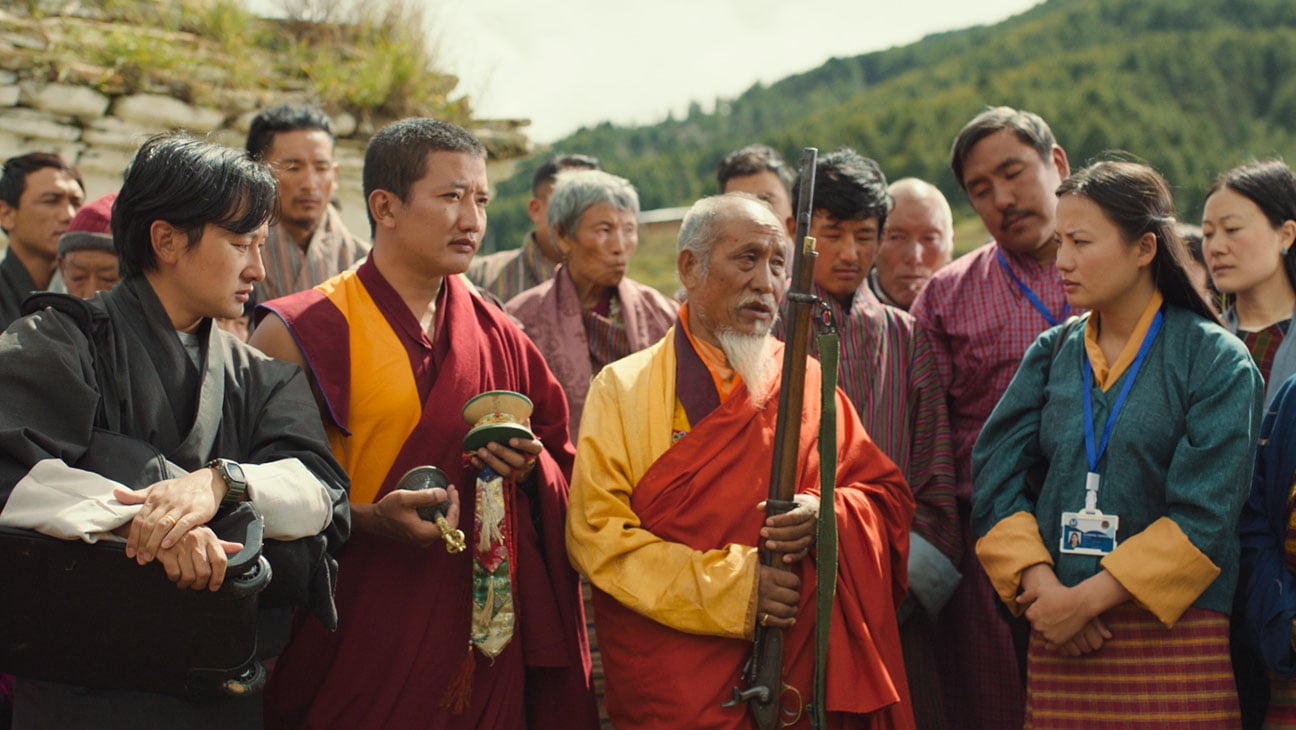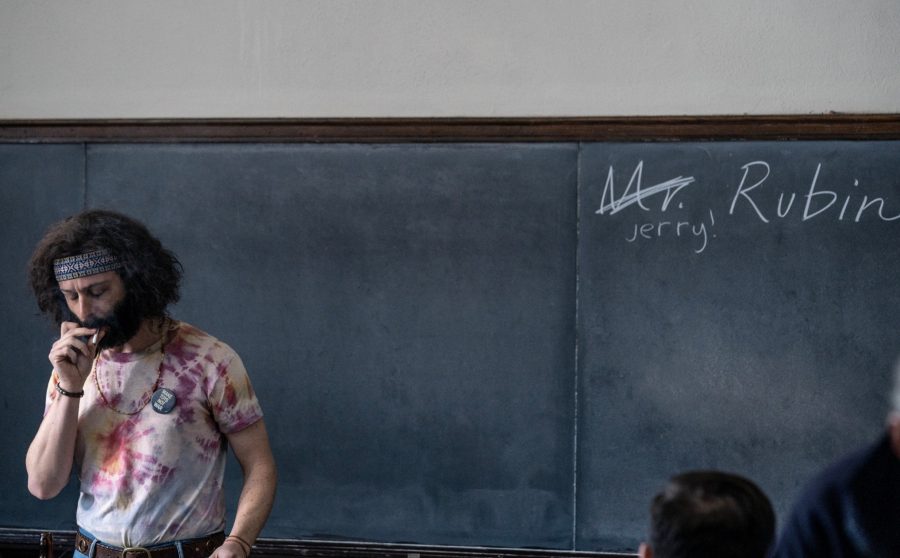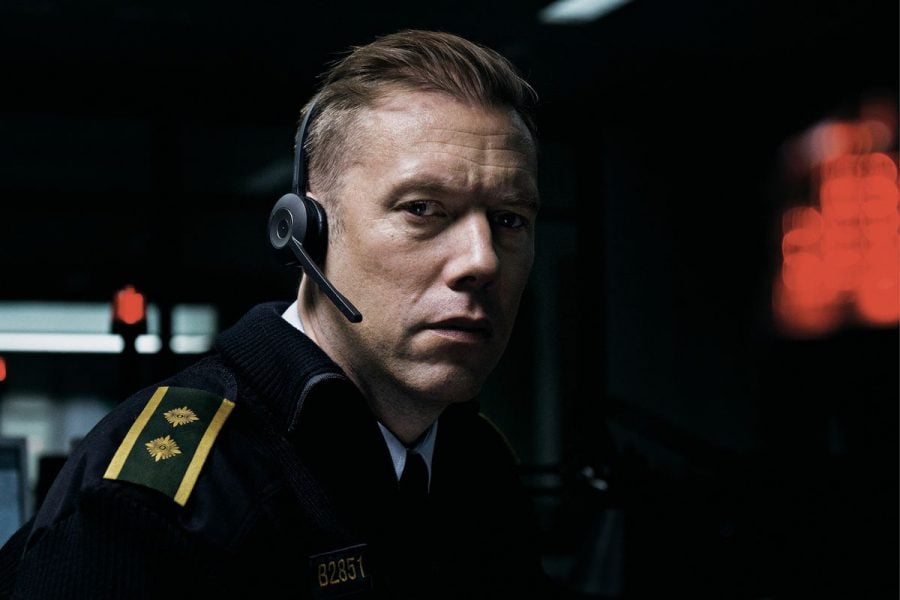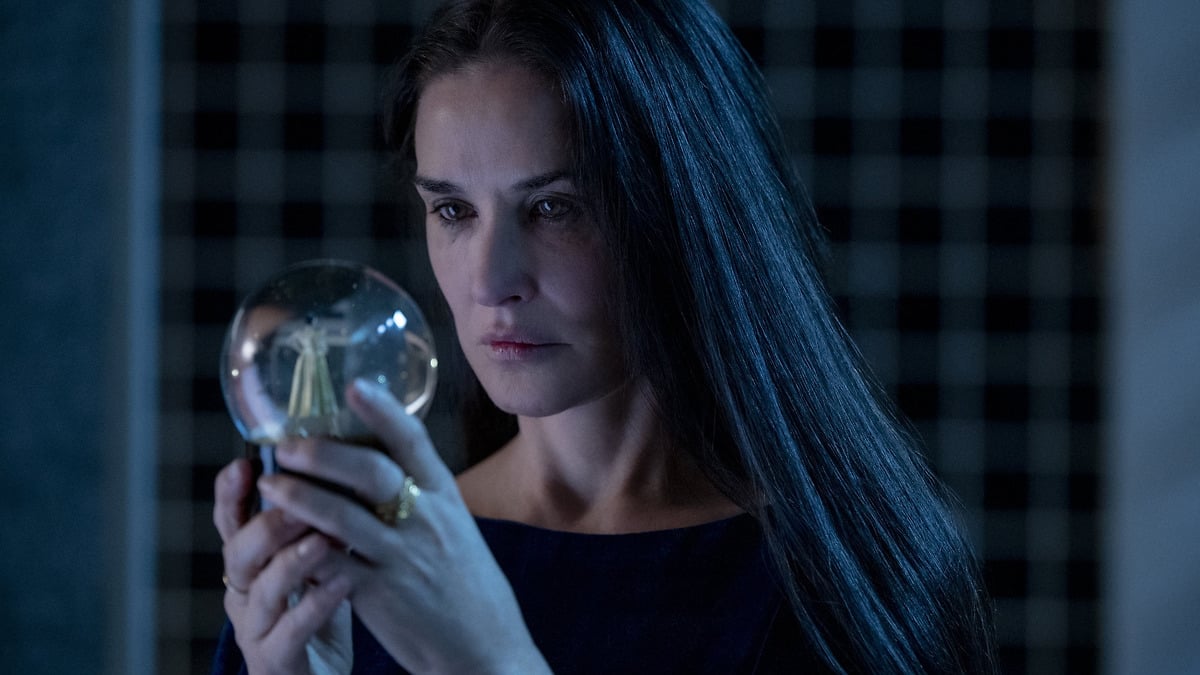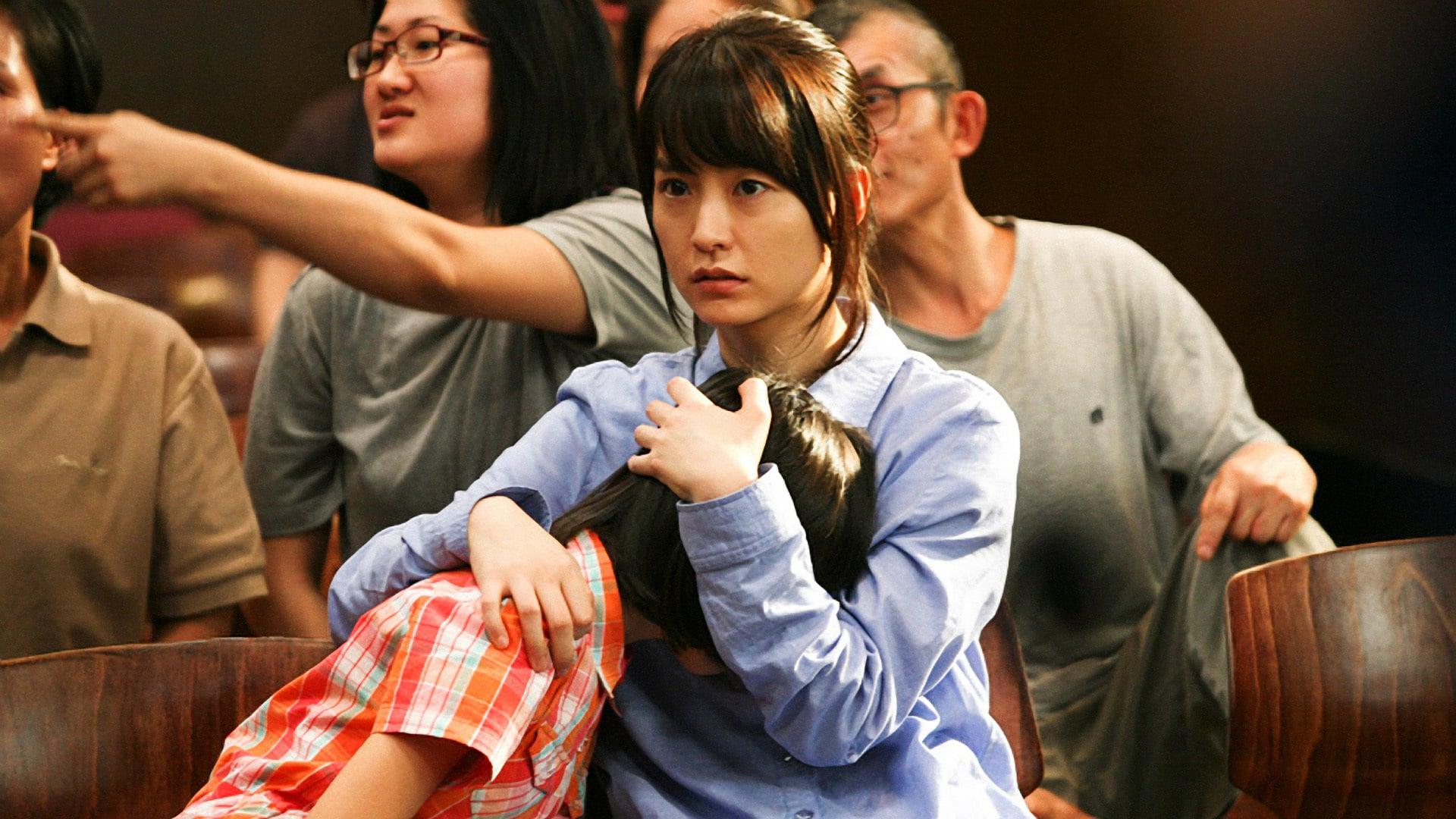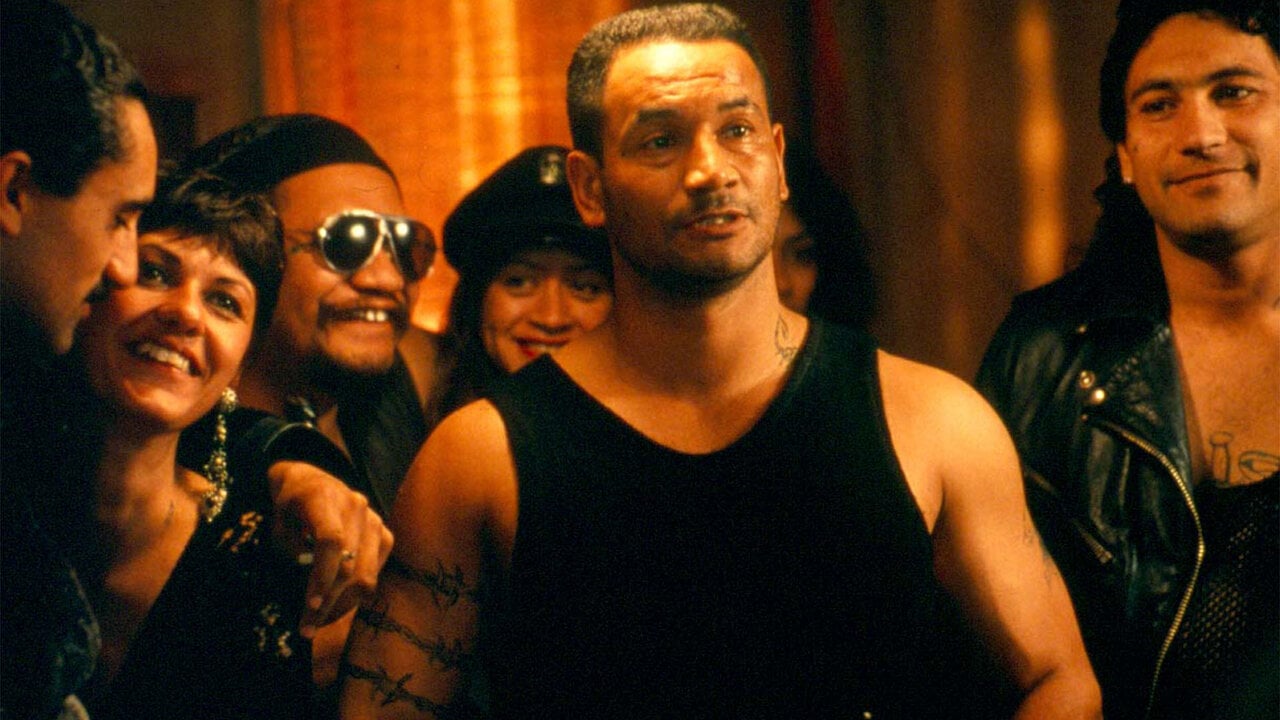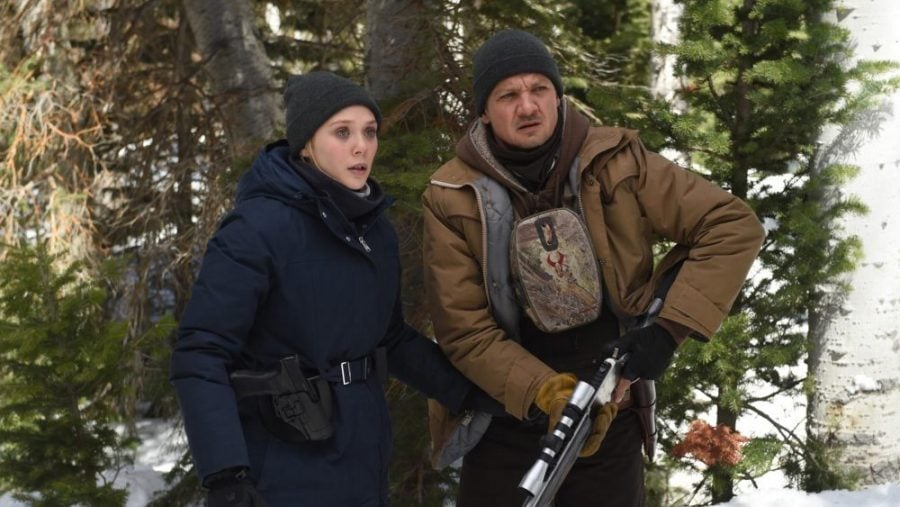Chronicle of a Disappearance (1996)

The Very Best
8.4
Movie
TLDR
Jacques Tati, Palestinian style.
What it's about
The take
The debut feature by Palestine’s most well-known director, Chronicle of a Disappearance is an unusual movie about the decades-long Israel-Palestine conflict in that it's closer to absurdist comedy than anything else. The only physical violence we see here are men cat-fighting in the street or arm-wrestling each other in cafes, and Israeli presence is limited to a couple of bumbling police officers. Chronicle is full of slapstick cinema touches — right down to the Buster Keaton-esque eyes of director Elia Suleiman, who appears here as a silent wanderer — and yet we feel the bitter reality of the occupation framing every deadpan gag.
Structured as a series of vignettes, Chronicle’s loose form is both a way to depict the stagnation and dry repetition in which Palestinians are stuck and a wry metaphor for all this listlessness. Suleiman speaks plainly in some chapters — such as the one following a woman who is repeatedly turned down from renting an apartment in Jerusalem because she’s Arab — and more obliquely in others, forcing you to recall the movie’s setting to understand his often-understated commentary. A singular film from an utterly unique director, Chronicle of a Disappearance is both a portrait of a country’s erosion and a quietly defiant act of resistance.
What stands out
As far as standout scenes go, the most obvious contender is the chapter in which Suleiman, playing himself, is invited by a conference host to talk to a crowd about his “narrative technique and cinematographic language.” Incessant microphone feedback and unruly audience members mean he never actually gets to speak, however, making for a droll commentary on Palestinian voicelessness. This scene is also a clever show-don’t-tell response to the host’s question about Suleiman’s filmmaking approach, which often works in metaphor (another example being a running gag revolving around people in cars that acts as a winking reference to the absurdity of the peace process). As cleverly layered as it all is, though, what makes Chronicle ultimately such a moving watch are the pangs of sincerity that run through all the irony, particularly in documentary scenes involving Suleiman’s own elderly parents — mournful gut-punch reminders of all the personal loss brought on by the occupation.
Comments
Your comment
UP NEXT
UP NEXT
UP NEXT
Curated by humans, not algorithms.

© 2025 agoodmovietowatch, all rights reserved.
